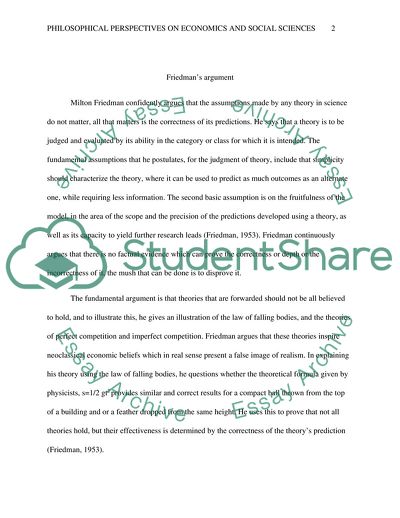Philosophical Perspectives on Economics and Social Science (ECON/PHIL Essay. https://studentshare.org/macro-microeconomics/1806675-philosophical-perspectives-on-economics-and-social-science-econphil-3620
Philosophical Perspectives on Economics and Social Science (ECON/PHIL Essay. https://studentshare.org/macro-microeconomics/1806675-philosophical-perspectives-on-economics-and-social-science-econphil-3620.


